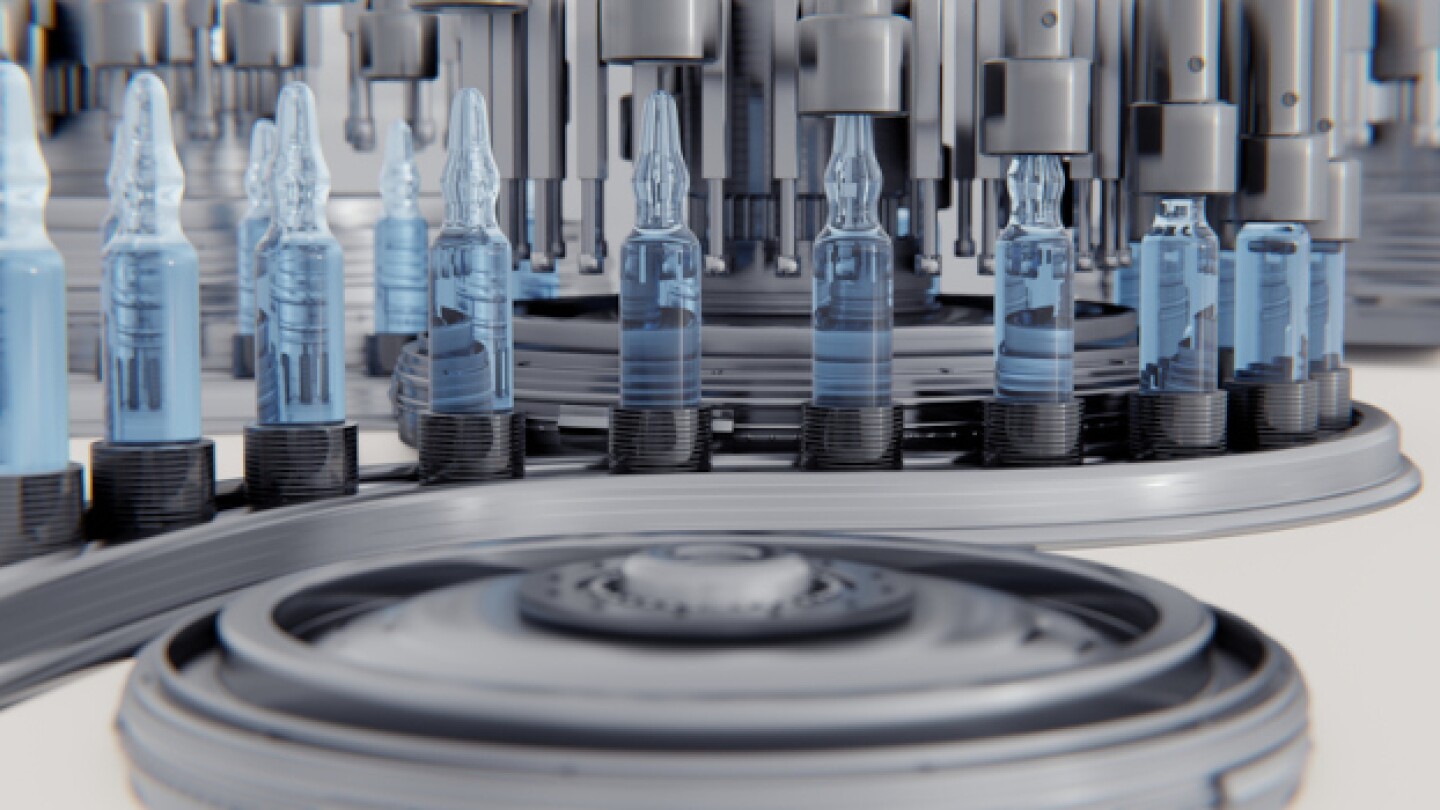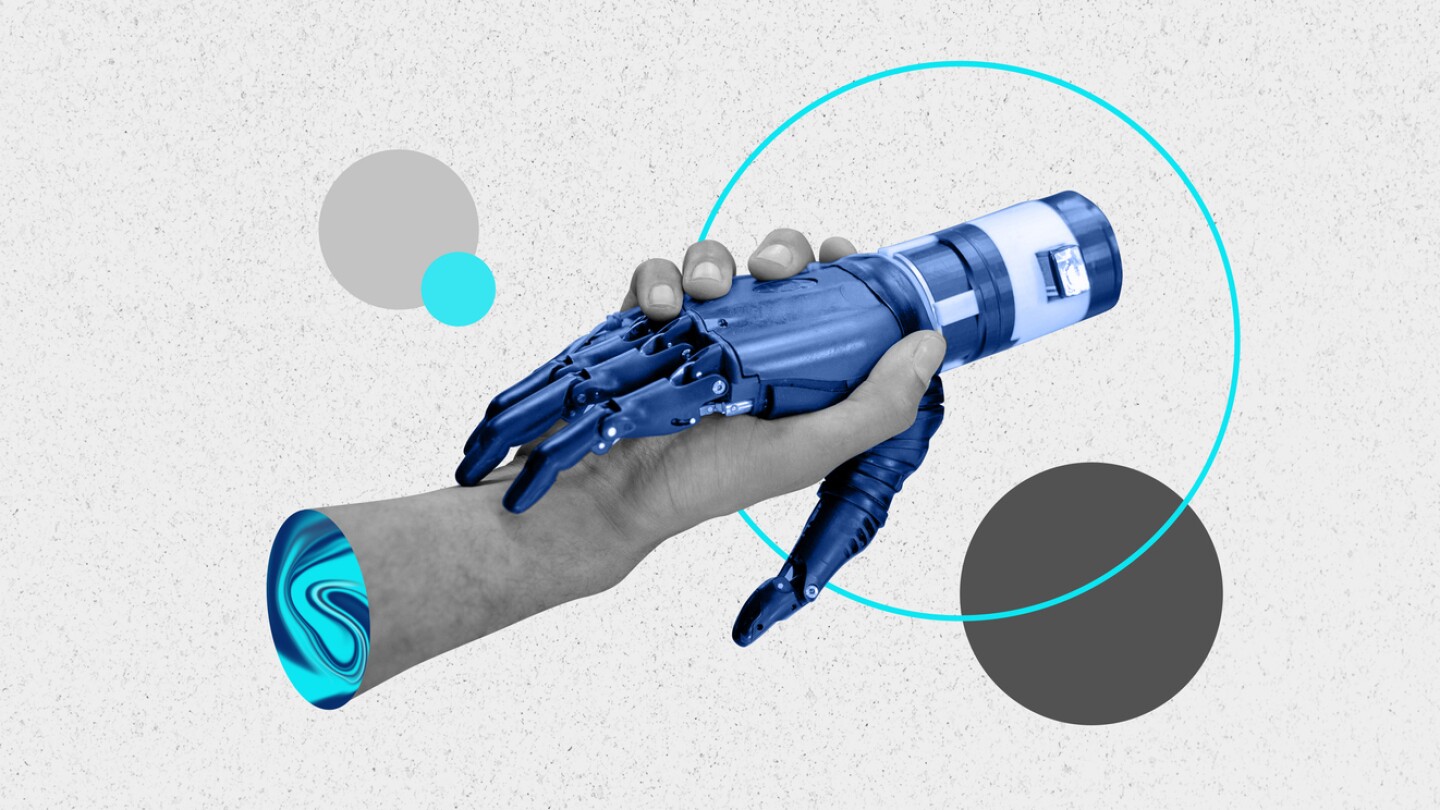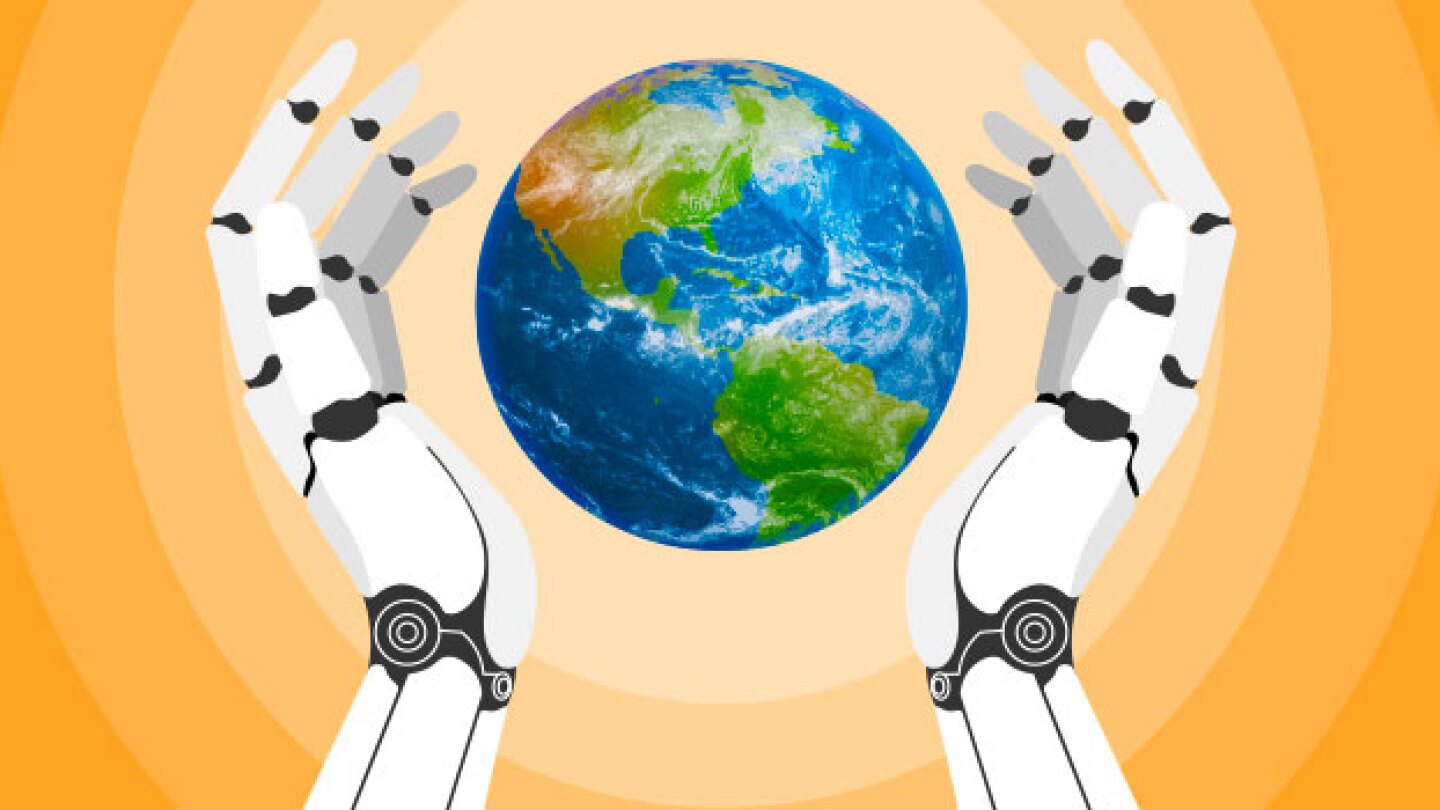Machine learning
As drug candidates discovered via AI move into later-stage clinical trials, the technology seems to be doing as promised: speeding drug development.
The agency’s sweeping rollout and staff challenge underscore rising momentum behind agentic AI: advanced, multiagent systems now fueling early pilots in medical writing, patient engagement and regulatory workflows across the industry.
With new UK clinical trial rules landing in 2026, the EU Biotech Act on the horizon and China and Australia gaining ground, CROs are zeroing in on study timelines, AI/ML and data privacy as the industry’s next pressure points.
Eli Lilly and Johnson & Johnson are joining fellow Big Pharma peers in upping their investment in AI, with Lilly looking to create the industry’s ‘most powerful supercomputer’ and J&J building a virtual operating room.
AI is changing the nature of leadership in biopharma. Here’s how executives can not only adapt, but lead the way.
Companies are moving from using AI for distinct operations to applying the technology for control and optimization of the whole production process.
Bioinformatics is on the rise, forecasted to grow by about $16 billion from 2024 to 2029 given its value to managing mass datasets critical to modern drug discovery and development. Two talent acquisition experts share how the field has evolved in the past few years and which skills are most in demand.
AI is enabling the development of a next generation of drugs that can more precisely target cancer cells while sparing healthy tissues.
Artificial intelligence won’t replace people in biopharma, but it is infiltrating every step of drug development, including in some ways that aren’t so obvious.
The insights AI affords can potentially boost sustainability, but it’s unclear whether these gains outweigh the technology’s environmental cost.
PRESS RELEASES










